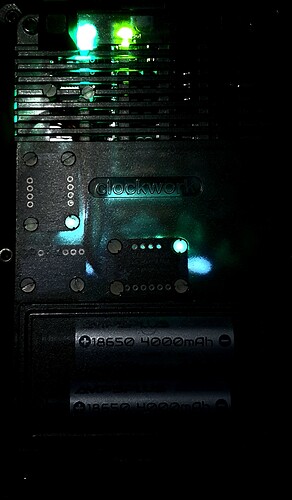Sorry I’ve been absent lately. I still haven’t merged your changes into the fork cleanly, but that’s partly because I’ve spent the time I had using it.
There are things to troubleshoot. 
While Picomite will build with your fork’s changes using set(COMPILE PICORP2350), WebMite doesn’t build with those changes, by commenting the PicoMite compile line, and using set(COMPILE WEBRP2350). I think it has to do with the way the original source for WebMite uses the cores. It’s been a little while since I tried to build it, but I should probably post the build error and some comments on github. It had to do with the multicore related code.
As for PicoMite, while it does boot up, and mostly works, I’ve seen some erratic behavior I haven’t been able to nail down regarding flash access. Several times now, I’ve had it get into a weird state where I can’t boot it again, and I’m pretty sure it has to do with saving code in one of the autoboot flash slots and then something bad happening when the autorun triggers shortly after boot that causes it to get locked in a reset loop with a fatal error. The really weird thing is that it continues to have that problem if I load PicoMite again from the u2floader, and the only way I’ve been able to get it back working again was to nuke everything and start over.
Saving OPTION commands to flash seems to work ok though. Saving those same options to disk and then restoring them later to flash also seems to work, but I had one time where it got into the reset loop again, though it might have been caused by something else. In a general sense, if someone doesn’t mind using PicoMite “blank” each time, then it seems as solid as the non-u2floader version. I did have it just randomly reset on me once after running a program, but that could have just been natural PicoMite weirdness and instability.
The mainline sources have seen some updates that I haven’t merged in and tested yet too. But based on the discussion on TheBackShed it sounded like for a time there was file corruption going on, and I didn’t want to mess with those changes until something less likely to cause problems was available. Also didn’t sound like many of the changes going on would be useful for the PicoCalc build anyway. And like always while there were some fixes for bugs, there were new bugs created, and it’s not clear whether it’s worth updating or not.
At this point I’m not very enthusiastic about PicoMite in general, but I still think it would be good to get something relatively stable (for both PicoMite and WebMite) working with the u2floader, if possible. Then everyone can decide for themselves if PicoMite/WebMite is worth using.
